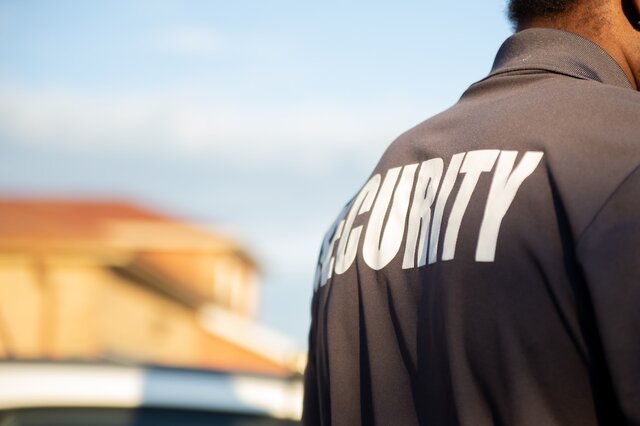Abuja – Nigeria’s police force said it was beefing up security as the United States ordered diplomats’ families to leave the capital Abuja due to a “heightened risk of terrorist attacks.”
The details of any threat are unknown but residents of the Federal Capital Territory (FCT) have been on high alert since Sunday after several Western embassies changed their travel advisories citing an elevated risk, particularly in Abuja.
Nigerian security forces are battling jihadist fighters mostly in the northeast of the country, but Islamic State-allied militants have claimed several recent attacks near the capital.
In a statement late on Thursday, Nigerian police instructed “all strategic police managers in charge of commands and tactical formations within the country to beef up security in their respective jurisdictions, especially in the FCT.”
Nigeria boosts security as US embassy evacuates families https://t.co/pPiEpslCod pic.twitter.com/Sj1RN9ylup
— CNA (@ChannelNewsAsia) October 28, 2022
The Inspector General of Police Usman Alkali Baba said “all emergency numbers” should be activated to help insure “a 24/7 prompt response with combatant officers and men on standby.”
He urged residents of the city of about six million “to remain vigilant and report any suspicious or abnormal occurrence and persons to the police.”
The statement came as the US State Department on Thursday ordered the departure of diplomats’ families and also authorised the departure of non-emergency government employees from Abuja.
“Terrorists may attack with little or no warning,” targeting malls, markets, hotels, places of worship, restaurants, bars or schools, the State Department said in its country summary for Nigeria, but did not give further details.
The United States, Britain, Australia and Canada had issued warnings last weekend, although the three latter countries had not ordered any evacuation of staff or their families as of Friday morning.
Separately, the US warned this week of a possible “terrorist” attack in South Africa’s largest city Johannesburg.
Calls for calm
On Thursday, Jabi Lake Mall, a major shopping centre in Abuja was temporarily shut down for unspecified security reasons.
The government said that Nigerians and foreigners in the country “should continue to be alert but must not panic.”
“I can assure all that our military and other security agencies have continued to do everything possible to secure and protect Nigerians and foreigners living in Nigeria,” said the Minister of Information and Culture Alhaji Lai Mohammed.
“Terrorists have been hard hit and put on the run,” he said during a press conference on Tuesday.
Some European embassies and international organisations in Abuja have not updated their risk assessments or travel advisories.
“We have no crisis to manage, we are managing the panic,” a senior security manager with an international organisation based in the capital told AFP, asking to remain anonymous.
ALSO READ | US accuses Russia’s Wagner of worsening security in Mali
“We don’t know what the motive is (behind the US evacuation). We are taking some precautionary measures/actions, but activities are normal,” he added.
Nigerian troops are deployed throughout the West African nation of some 200 million people, fighting against Islamist insurgents and heavily armed criminals.
Jihadists generally operate in the northeast of the country, far away from the capital, though they have small cells in other parts of the country.
The last time one of the groups – Boko Haram – attacked the city centre was in 2014.
But the Islamic State West Africa Province, linked to the Islamic State group, has claimed several attacks around the FCT in the past six months, including a mass jailbreak in July.
The incident in Kuje, in which more than 400 inmates including dozens of suspected jihadists escaped, prompted President Muhammadu Buhari to say he was “disappointed” with his intelligence services.
In addition to the terrorism threat, the capital is also surrounded by states with high levels of banditry – gangs of gunmen who kidnap and kill with no ideological motivation.
Analysts have warned that insecurity could worsen with the start of political campaigning for the general election to replace Buhari next year.
Follow African Insider on Facebook, Twitter and Instagram
Source: AFP
Picture: Unsplash
For more African news, visit Africaninsider.com


